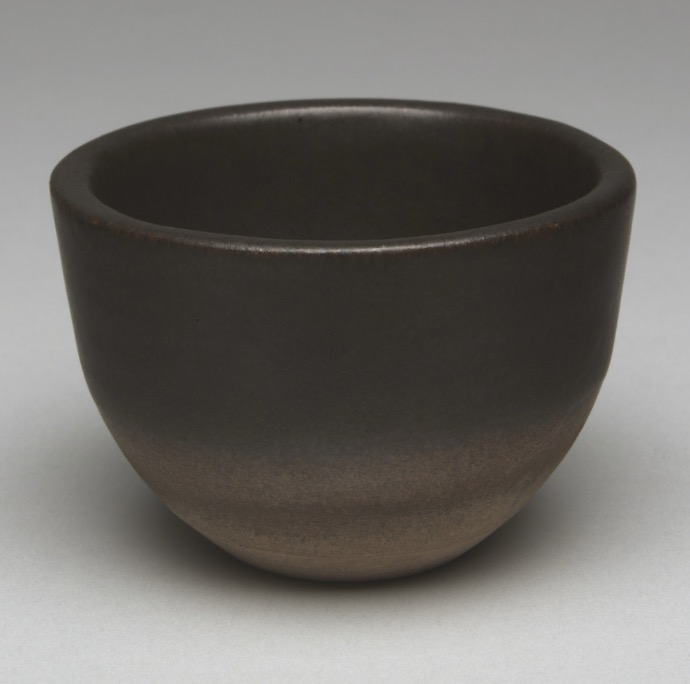
9:14 a.m.
Sometimes the atmosphere outside the window is an inescapable calculus for what it feels like to be alive right now. When rain falls unexpectedly, despite their better predictions, the highway of identity lengthens. Inside: a blank pillow, a meowing cat. The self is mirrored in an offshore self, beyond the rain, in some future-present tract where the rain has stopped. This momentary self is a step-stage, a Dantean purgatorial ring before the next heaven, the next hell.
11:40 a.m.
A long walk to yoga. Last semester I asked the students in my studio art class to do a Deep Listening exercise, pace Pauline Oliveros. They would listen to one of their familiar landscapes mindfully, with a timer on. No pens or mobile phones present during the listening. Afterward, they would record what they experienced.
At the moment I decide to do the exercise myself because I'm caught on the street without headphones—a forced distraction-free zone on the one hand, and on the other a fraught territory where my mind can easily slip into ruminating pointless loops and laps and leaps. Deep Listening now is an idealistic yet pragmatic move designed to empty my mind but in a nod to neurohacking, keep me attuned and curious to what's happening around me.
Big heavy things (the muffling of men carrying a giant piece of furniture) make no noise. Little small things (a bell on a dog collar) make lots of noise. Two children speak to each other in alien-mammalian language, like birds. The street stops being loud when I pay attention the all ambient sound. I listen for the sound signature in every body and object.
I want to tattoo on the inside of my palm, Watch your thoughts. You can trust some things in life, but unguarded thoughts have been known to manufacture and launch missiles of mass destruction.
12:16 p.m.
Yoga was very fine. I'm thirsty and feel the blushing onset of a small headache, but I can ride this out. I want to enter the sauna as a remedy for this cold summer day but it risks being too dehydrating. I step out onto the street, this time again without earphones.
3:50 p.m.
A few hours of work, shifting between "heavy," "middle," and "light" projects, labeled like boxing belt titles. I still can't disclose to myself the exact work weight of email. The ounces don't count as deep, but they're no scruffy lightweights either. Just enough of a pestilential hassle (an undying mosquito buzz) and far enough a psychic load (a traumatic memory you relive again) to leave me feeling defeated before I've begun. I'll come back to this after a break. Deep sigh.
5:38 p.m.
I'm listening to a Nikki Giovanni podcast. With a dying pen from the art store I bought just a week ago, I write down three things she says:
"The life of a poet is never planned."
"Don't waste what you know. You'd be surprised how many people waste what they know, not to mention waste what they feel."
"I hope I die warmed by the life that I tried to live."
You get the feeling she is the kind of person who understands that nothing that can flow needs to be forced.
Yet having communicated with her before, I know she doesn't tend to answer her own emails. So flow needs an assistant! Force needs an alibi!
The life of a poet is never planned reverberates in my future-addled brain, an animal in heat looking to mate with the next plan whose ass it sniffs hopefully.
7:45 p.m.
The bursts of rain happily shatter the streets' regular pace of errant to-do's and to-go's. By now the sky eases into a powdery dusting of fine droplets. The granules are so small they don't leave a trace on my hand when I stick it out in front of me.
I walk to purchase some essentials: a batch of bananas and a scoop of Castelvetrano olives, a tube of Italian red paste and a few golden beets.
Lately there is talk of money everywhere. Now there is talk of money on the coop's intercom. A woman next to me in the bulk aisle exhales to no one, "Why are lentils so expensive?"